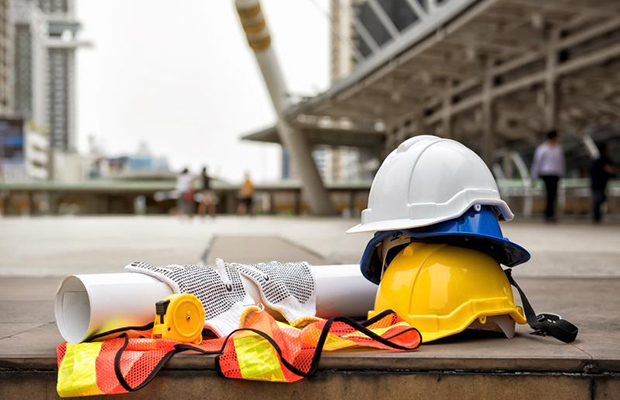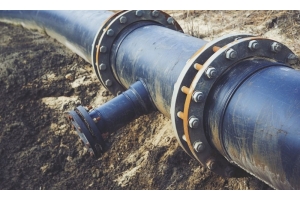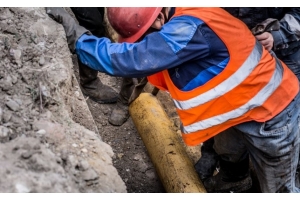Protective Equipment for Plumbing Pros


We know plumbing can be messy, but it can also be dangerous. From slips and falls to toxic chemicals to searing steam, plumbers may face a range of hazards. To keep you and your team safe, here are eight best practices on protective equipment for plumbing contractors.
Hazard Knowledge is Power—The best way to stay safe is to be aware of potential perils. Slipping and falling are two of the most common plumbing accidents, but other troubles can arise from toxic or carcinogenic materials such as mold, asbestos, and lead. Meanwhile, septic tanks and animal droppings can deliver biohazards, and things only get more hectic when you throw in steam, electricity, and heights. The essential thing to remember is to not be complacent: be aware of these threats and when they may emerge, and, of course, be prepared.
Hard Hats—Most often associated with construction sites, it's always a smart idea to protect your head if delving into crawl spaces, low basements, or attics where you may run into beams.
Keep Your Knees, Watch Your Back— Skid proof knee pads are a life saver — figuratively, at least. And prevent back pain by wearing a back brace when bending, stooping, and carrying heavy equipment.
Eye Protection— You never know what may spray, seep, leak, or splatter when you're snaking a drain, under a sink, or soldering. Be sure to keep eye protection handy to safeguard your eyes.
Hand Protection— In addition to wearing latex gloves to protect from potential biohazards, plumbers working with caustic materials, toxic chemicals, or heat should consider heat insulated gloves, as well.
Don't Breathe It In— Dust, mold, and debris often come standard in our field. That said, it's best to have a face mask in your tool kit, as well as a carbon monoxide, gas, and smoke detector.
No Fancy Foot Work— Again, slips and falls are the number one cause of injury among plumbers. Maintain footing with skid proof work boots.
Check Your Gear— Finally, always be sure to inspect your existing equipment to make sure it's in working order. That includes snakes, plugs, and even ground fault circuit interpreters, just in case.






